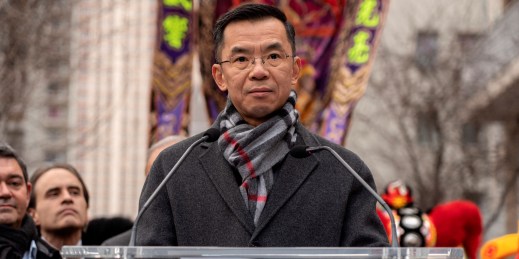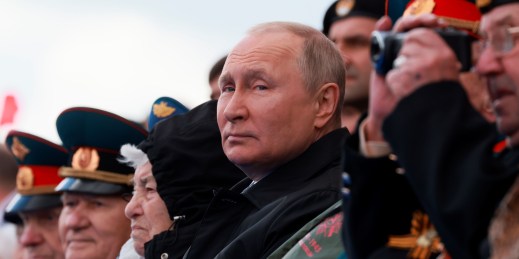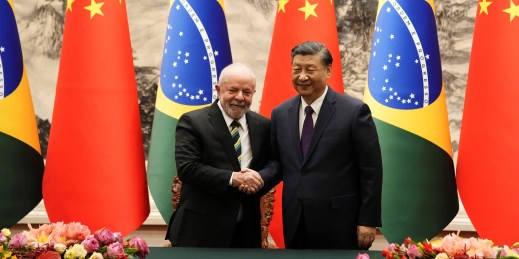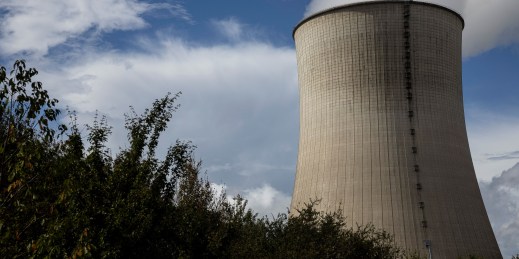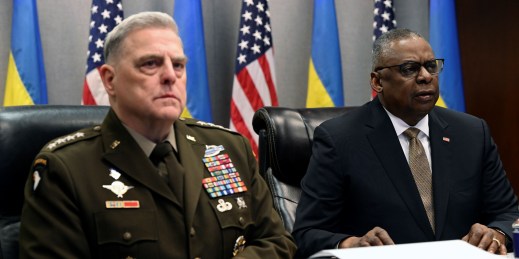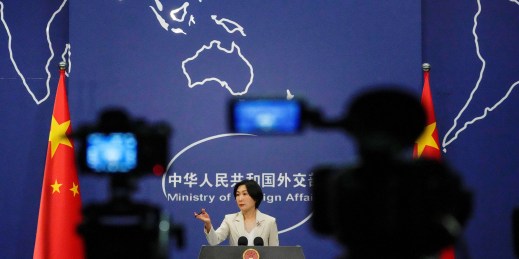
A rarely seen occurrence happened in Europe this week: a humbled China apologized to Europe, after the country’s ambassador to France questioned the sovereignty of post-Soviet countries. It has renewed the conversation about what could happen if Europe, armed with a unified China policy, went toe-to-toe with Beijing.

